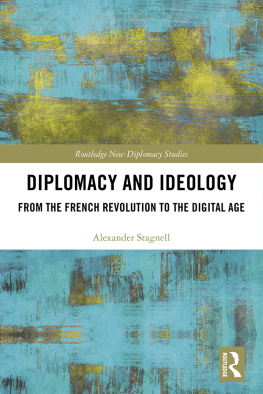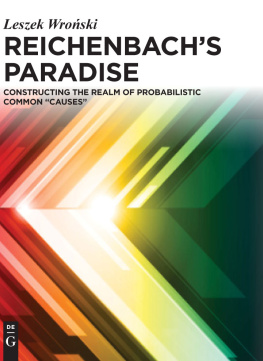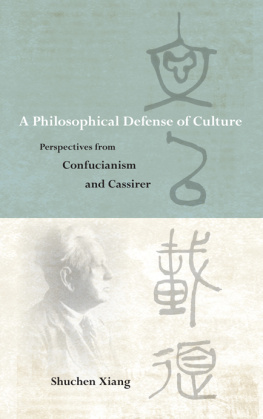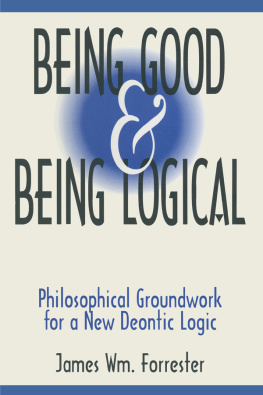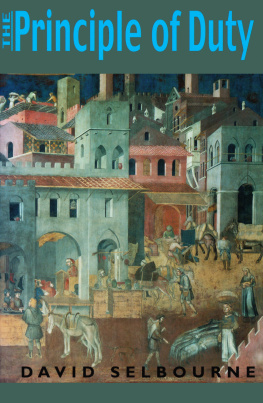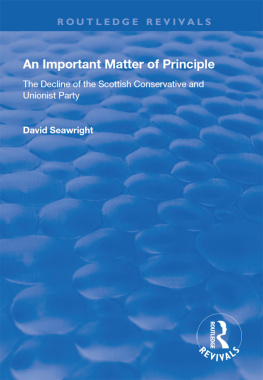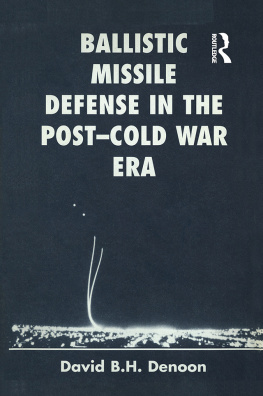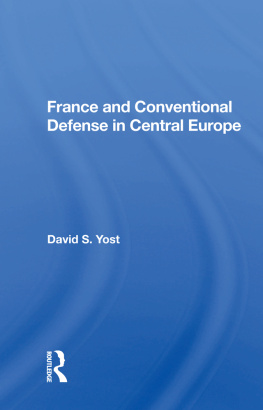Diplomacy and Ideology
This innovative new book argues that diplomacy, which emerged out of the French Revolution, has become one of the central Ideological State Apparatuses of the modern democratic nation-state.
The book is divided into four thematic parts. The first presents the central concepts and theoretical perspectives derived from the work of Slavoj iek, focusing on his understanding of politics, ideology, and the core of the conceptual apparatus of Lacanian psychoanalysis. There then follow three parts treating diplomacy as archi-politics, ultra-politics, and post-politics, respectively highlighting three eras of the modern history of diplomacy from the French Revolution until today. The first part takes on the question of the creation of the term diplomacy, which took place during the time of the French Revolution. The second part begins with the effects on diplomacy arising from the horrors of the two World Wars. Finally, the third part covers another major shift in Western diplomacy during the last century, the fall of the Soviet Union, and how this transformation shows itself in the field of Diplomacy Studies. The book argues that diplomacys primary task is not to be understood as negotiating peace between warring parties, but rather to reproduce the myth of the states unity by repressing its fundamental inconsistencies.
This book will be of much interest to students of diplomacy studies, political theory, philosophy, and International Relations.
Alexander Stagnell is a Senior Lecturer at Sdertrn University, Sweden.
Routledge New Diplomacy Studies
Series Editors: Corneliu Bjola
University of Oxford
and
Markus Kornprobst
Diplomatic Academy of Vienna
This series publishes theoretically challenging and empirically authoritative studies of the traditions, functions, paradigms and institutions of modern diplomacy. Taking a comparative approach, the New Diplomacy Studies series aims to advance research on international diplomacy, publishing innovative accounts of how old and new diplomats help steer international conduct between anarchy and hegemony, handle demands for international stability vs international justice, facilitate transitions between international orders, and address global governance challenges. Dedicated to the exchange of different scholarly perspectives, the series aims to be a forum for inter-paradigm and inter-disciplinary debates, and an opportunity for dialogue between scholars and practitioners.
Sports Diplomacy
Origins, Theory and Practice
Stuart Murray
Countering Online Propaganda and Extremism
The Dark Side of Digital Diplomacy
Edited by Corneliu Bjola and James Pamment
Chinas Cultural Diplomacy
A Great Leap Outward?
Xin Liu
Diplomacy and Borderlands
African Agency at the Intersections of Orders
Edited by Katharina P. Coleman, Markus Kornprobst, and Annette Seegers
Diplomacy and Ideology
From the French Revolution to the Digital Age
Alexander Stagnell
For more information about this series, please visit: www.routledge.com/Routledge-New-Diplomacy-Studies/book-series/RNDS
Diplomacy and Ideology
From the French Revolution to the Digital Age
Alexander Stagnell
First published 2020
by Routledge
2 Park Square, Milton Park, Abingdon, Oxon OX14 4RN
and by Routledge
52 Vanderbilt Avenue, New York, NY 10017
Routledge is an imprint of the Taylor & Francis Group, an informa business
2020 Alexander Stagnell
The right of Alexander Stagnell to be identified as author of this work has been asserted by him in accordance with sections 77 and 78 of the Copyright, Designs and Patents Act 1988.
All rights reserved. No part of this book may be reprinted or reproduced or utilized in any form or by any electronic, mechanical, or other means, now known or hereafter invented, including photocopying and recording, or in any information storage or retrieval system, without permission in writing from the publishers.
Trademark notice: Product or corporate names may be trademarks or registered trademarks, and are used only for identification and explanation without intent to infringe.
British Library Cataloguing-in-Publication Data
A catalogue record for this book is available from the British Library
Library of Congress Cataloging-in-Publication Data
Names: Stagnell, Alexander, 1987- author.
Title: Diplomacy and ideology : from the French Revolution to the digital age / Alexander Stagnell.
Description: Abingdon, Oxon ; New York : Routledge, 2020. | Series: Routledge new diplomacy studies | Includes bibliographical references and index.
Identifiers: LCCN 2020005442 (print) | LCCN 2020005443 (ebook) | ISBN 9780367897796 (hardback) | ISBN 9781003021094 (ebook) Subjects: LCSH: DiplomacyHistory. | DiplomacyPhilosophy. | State, The. | World politics19th century. | World politics20th century.
Classification: LCC JZ1305 .S73 2020 (print) | LCC JZ1305 (ebook) | DDC 327.209dc23
LC record available at https://lccn.loc.gov/2020005442
LC ebook record available at https://lccn.loc.gov/2020005443
ISBN: 978-0-367-89779-6 (hbk)
ISBN: 978-1-003-02109-4 (ebk)
Typeset in Times New Roman
by Wearset Ltd, Boldon, Tyne and Wear
In loving memory of Kristina Stagnell (19572015)
Contents
First, I would like to thank my former supervisors, Mats Rosengren, Otto Fischer, and Anders Bartonek, for their dogged determination in repeatedly imploring me to change my writing habits, which I then put great effort into ignoring. Likewise, all my gratitude to Frank Ruda, Jason Glynos, and Ola Sigurdson for acting as external readers and critics at important stages of this work and for providing invaluable comments and insightful critiques on the text, without which this book would not have been possible. I am also particularly grateful to my dear colleagues and friends Mirey Gorgis and David Payne, who contributed to this work in more ways than I can express. Furthermore, I want to extend my thanks to all my former fellow PhD students and all my colleagues in the Rhetoric Departments at Uppsala University and Sdertrn University for years of enriching discussions and exchanges.
This project would not have been possible if it was not for the funding and intellectual environment provided by BEEGS at Sdertrn University. I also want to extend my gratitude to everyone at Critical Cultural Theory and especially to the entire Department of Philosophy at Sdertrn for allowing me to partake in seminars and to present my work. Special thanks go to CESPRA and to director Olivier Remaud for kindly inviting me to spend a year learning from everything that LHSS and Paris have to offer. My thanks also for the generous grants from Glstiftelsen and Svensk-Franska Stiftelsen. Theres a special thank you to the editorial team at Routledge, especially Andrew Humphrys and Bethany Lund-Yates, who provided invaluable support and guidance throughout the publication process.
And finally, I am indebted to my family for all their support, encouragement, and inspiration.
Introduction: on the problems of diplomacy
Many contemporary works on diplomacy have taken their starting point in Hans Holbein the Youngers famous painting


